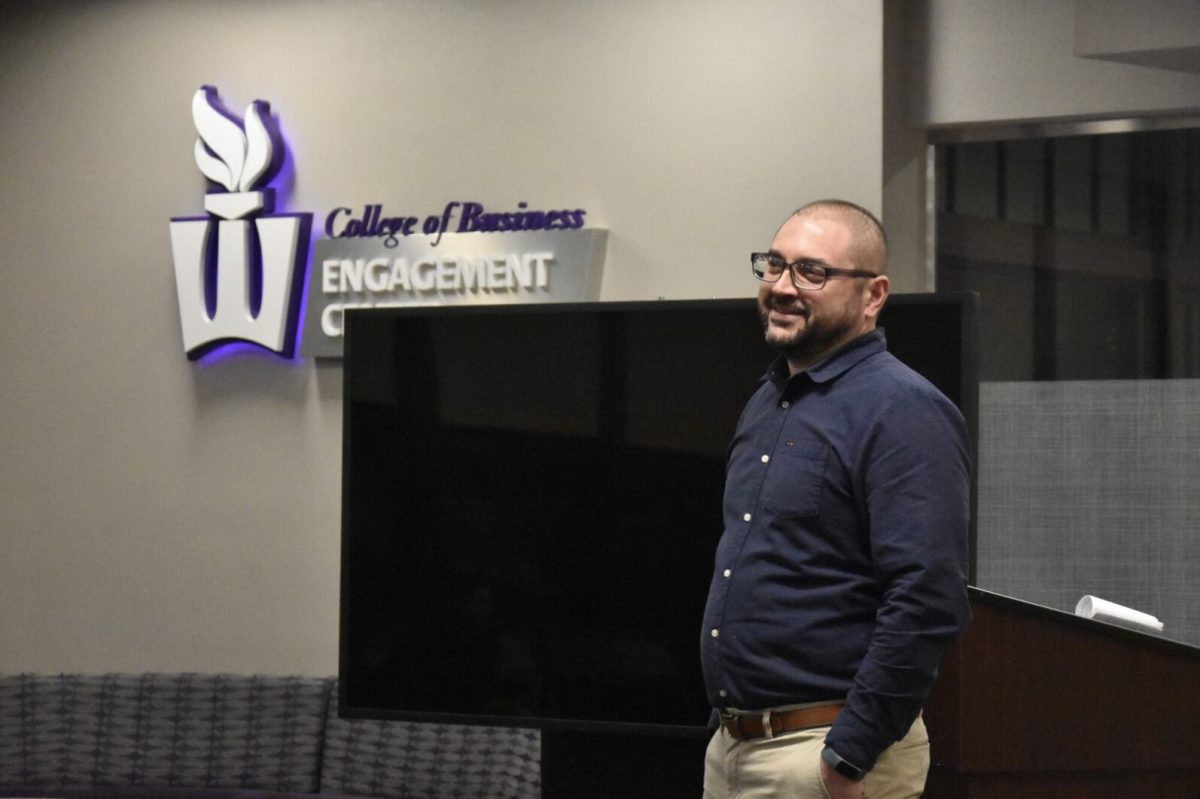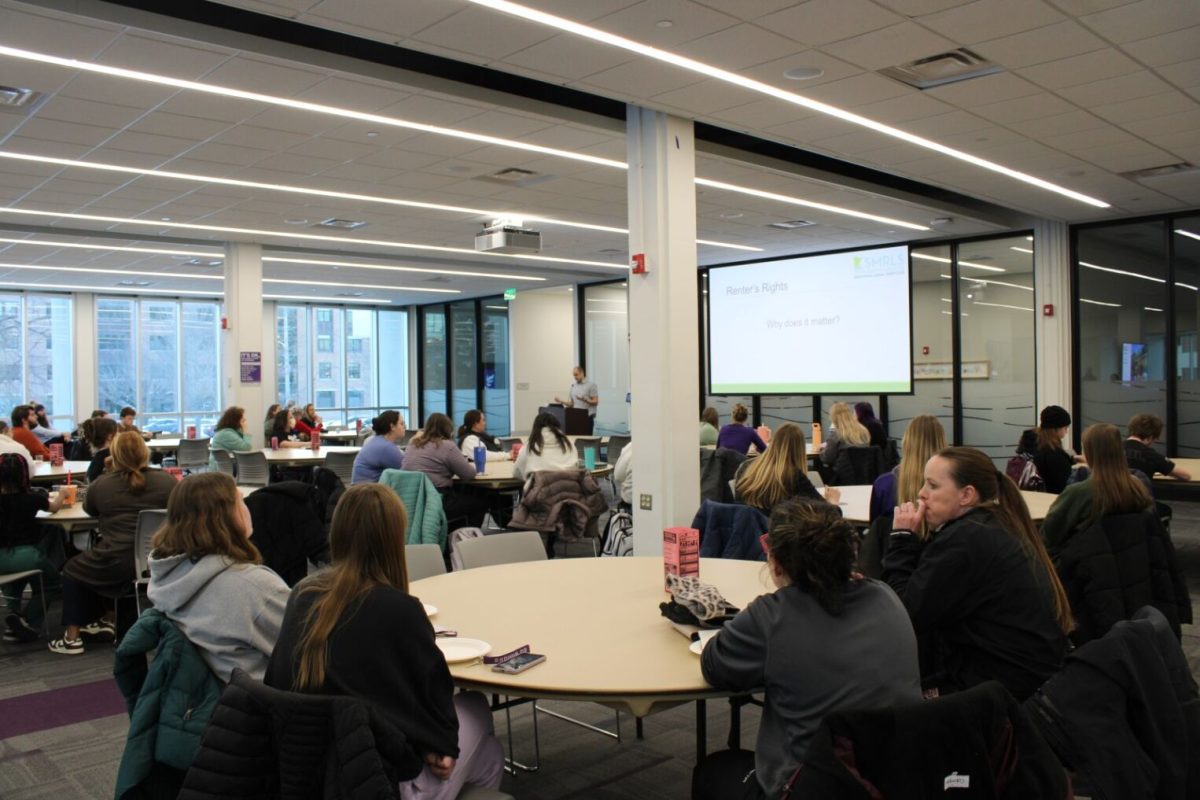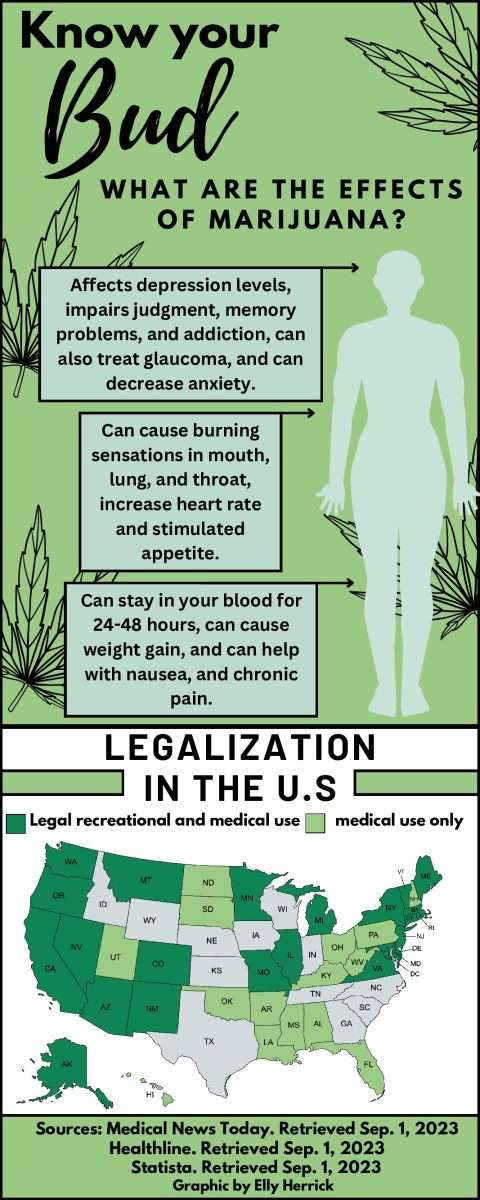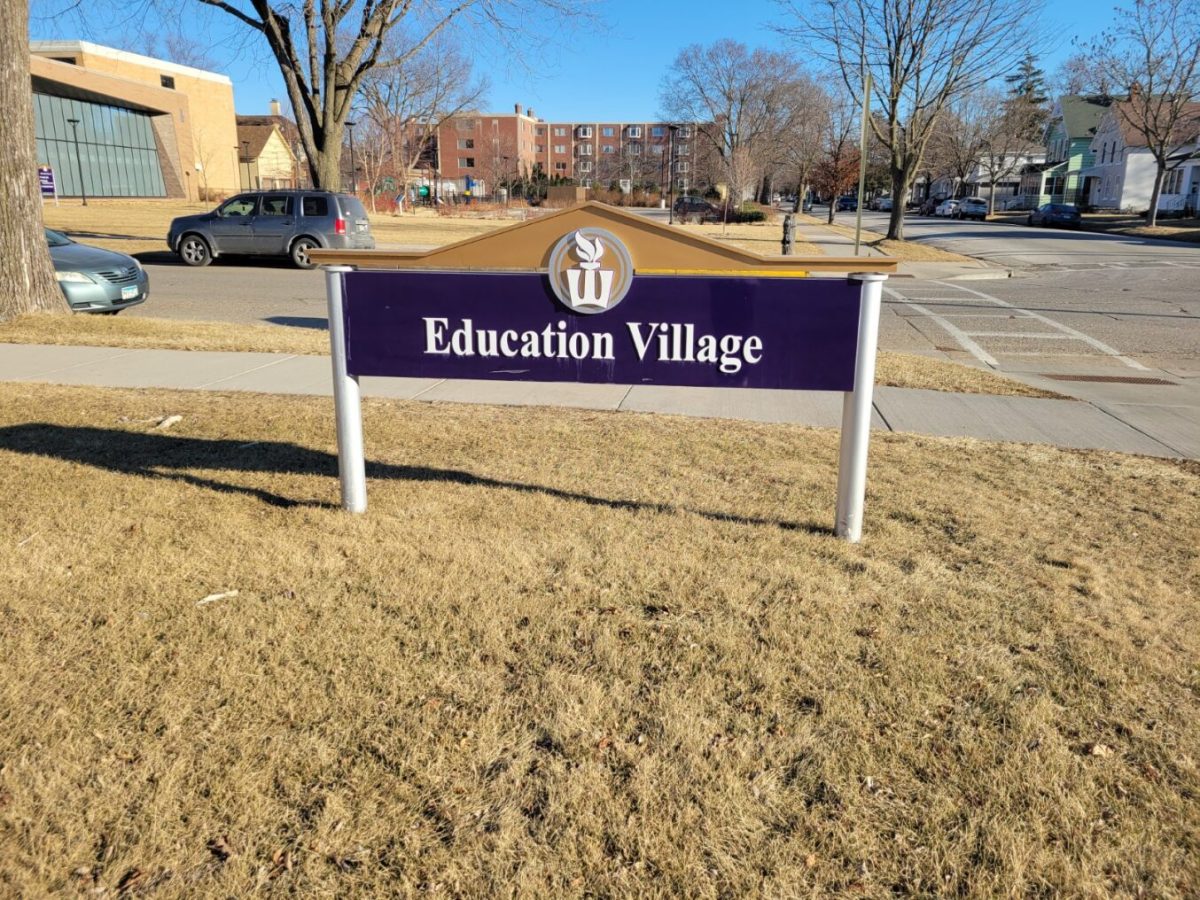Winona State University is a dry campus just like most other public four-year colleges in Minnesota. In almost every State University, the unlawful use, distribution, marketing, and possession of drugs and alcohol is prohibited.
On Aug. 1, Minnesota allows for the use and possession (2 ounces) of recreational cannabis and cannabis products for people 21 and older. According to the federal agency- the Drug Enforcement Administration (DEA) “Marijuana is a mind-altering (psychoactive) drug, produced by the Cannabis sativa plant… THC (delta9-tetrahydrocannabinol) is believed to be the main ingredient that produces the psychoactive effect.”
Although this law passed through the state, it is not currently passed federally.
Fourth-year student Luke Ott has been a supporter of the legalization of marijuana for a while.
“I have looked at how legalizing marijuana has benefitted other states by providing more tax income back to those states,” Ott said. “Allowing them to use the added revenue to improve infrastructure and fund new and current state programs.”
In the past, mostly for weddings or special events approved by the WSU President of the University, the dry campus policy isn’t applied and alcohol has been served at events on campus. While there can be expectations to dry campus policies, if the proper paperwork is done and the event follows the rules and regulations outlined in the paperwork- an event can take place. Any violations of these rules, like serving alcohol to a minor, will not only break the agreement signed with the university it also breaks state and federal laws.
“[WSU policy remaining the same] makes sense because it is a federal organization and they have to abide by certain laws so I’m not offended by it,” Third-year student Noelle McKinney said. “I don’t think it’ll have a negative or positive impact [on campus], I just think it’ll make things a little different and it’ll make access to weed a lot easier.”
Per the 10th Amendment, Congress does not have the power to make laws about education which leaves the states individually to create these laws. While this is followed in our society there are loopholes to this. For a school to receive certain types of federal funding, public or private, they must follow federal law in their institutions.
WSU is a part of the 37 campuses governed under a single board in the Minnesota State System. Out of their many responsibilities, the board of around 15 trustees approved by the governor creates the rules and policies for these colleges. One of these policies being the Drug and alcohol policy.
“Winona State University is an environment in which the personal, social, and academic growth of students is free from mind-altering chemicals including drugs and alcohol.” WSU Drug and Alcohol policy states.
As a campus, they recognize that students will make their own decisions, but they will support the federal and state laws regarding alcohol and drugs.
Through his personal experience, Ott sees the benefits this does to Minnesota residents.
“I also believe in the potential health benefits that marijuana can help with, for example, pain management,” Ott said. “My mother who was diagnosed with Multiple Sclerosis, had terrible pain that they tried to manage with high-level pain medications. She switched over to medical marijuana when that was legalized in 2014. She saw the same effects as the opioid prescriptions she was given but this was far less addictive.”
This medicine was a great method for her situation, but one obstacle in the way was the cost.
“The only issue is that Medical Marijuana was not covered by insurance so it was not affordable to many,” Ott said. “With recreational Marijuana now being legalized, I believe it will bring the costs down and more people can find the benefits.”
He also believes that the legalization of marijuana is a positive step forward because of the pardoning the Biden administration has done for certain drug charges.
“So many people have been charged with low-level and non-violent Drug Crimes because they smoked or used a cannabis product before it was legalized,” Ott said. “This has impacted them for the rest of their lives. Most of these people who are charged only have one offense on their record and now those cases can be expunged.”
In a statement released by the Biden administration on Oct. 6, 2022, they acknowledge that “Sending people to prison for possessing marijuana has upended too many lives and incarcerated people for conduct that many states no longer prohibit.”
The Biden administration has a three-step plan to move forward on their ‘Marijuana Refrom’ He proposes that in his three-step plan.
- He will announce a pardon of all prior Federal offenses of simple possession of marijuana.
- He will urge all Governors to do the same about state offenses.
- Lastly, he will initiate the administrative process to quickly review how marijuana is scheduled under federal law.
The statement also mentions that the marketing of Marijuana products will have the same limitations on trafficking, marketing, and underage sales as it previously did.
“I think that WSU should have a discussion with its student body on how they feel about allowing certain substances to be allowed on campus,” Ott said. “I think the culture has changed and more and more students each year feel that WSU should no longer be a dry campus.”
From the remarks from the head of the U.S. Department of Health and Human Services (HHS) Secretary Xavier Becerra, he suspects that the federal government hopes to finish its review of marijuana’s legal status by the end of 2023.
“The university is going to have more problems than the students,” McKinney
said. “The legalization of weed in MN is going to make that difficult for them to handle if they want to keep their reputation as a dry campus.”
Mckinney sums up the thoughts of many WSU students on the legalization of marijuana in MN.
“People are going do what they are going do,” Mckinney said.












































Jason Harvey • Oct 21, 2023 at 6:15 am
Thanks for sharing this amazing post! The decision to legalize marijuana in Minnesota involves weighing these various factors, addressing concerns, and finding a balanced approach that reflects the values and priorities of the state’s residents. Public discourse, scientific research, and thoughtful policymaking are essential in shaping an approach that maximizes benefits and minimizes risks for all stakeholders involved.